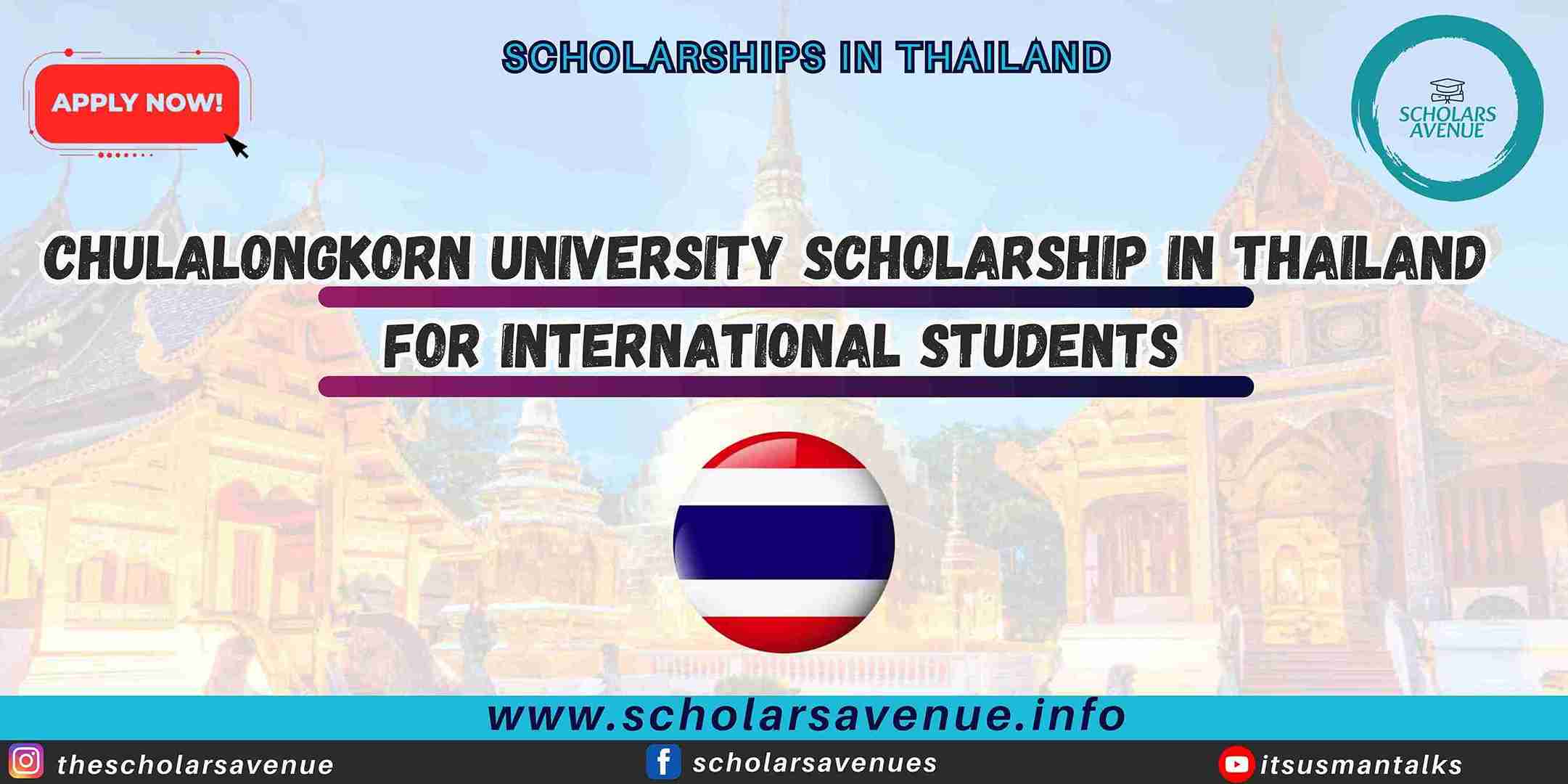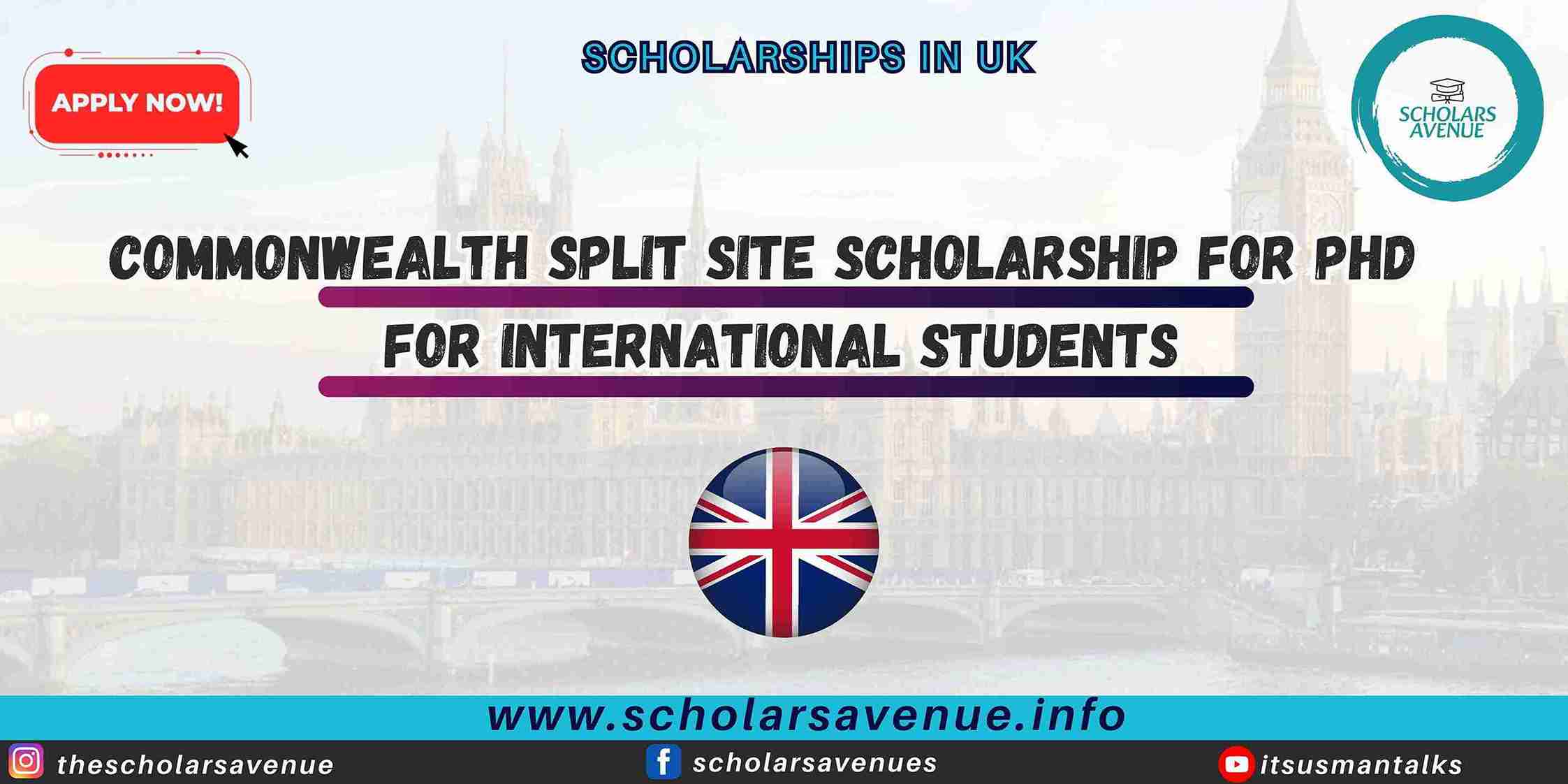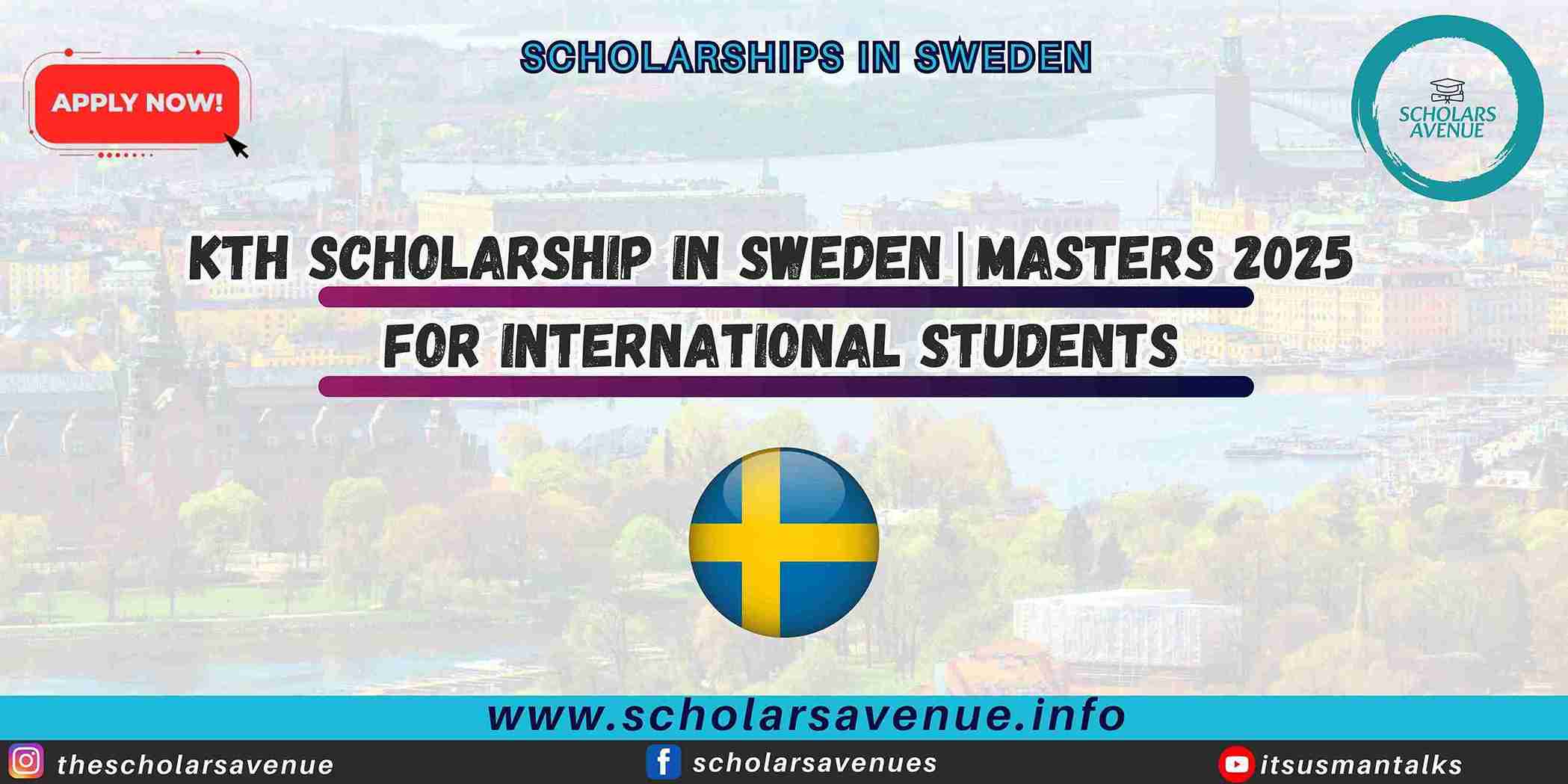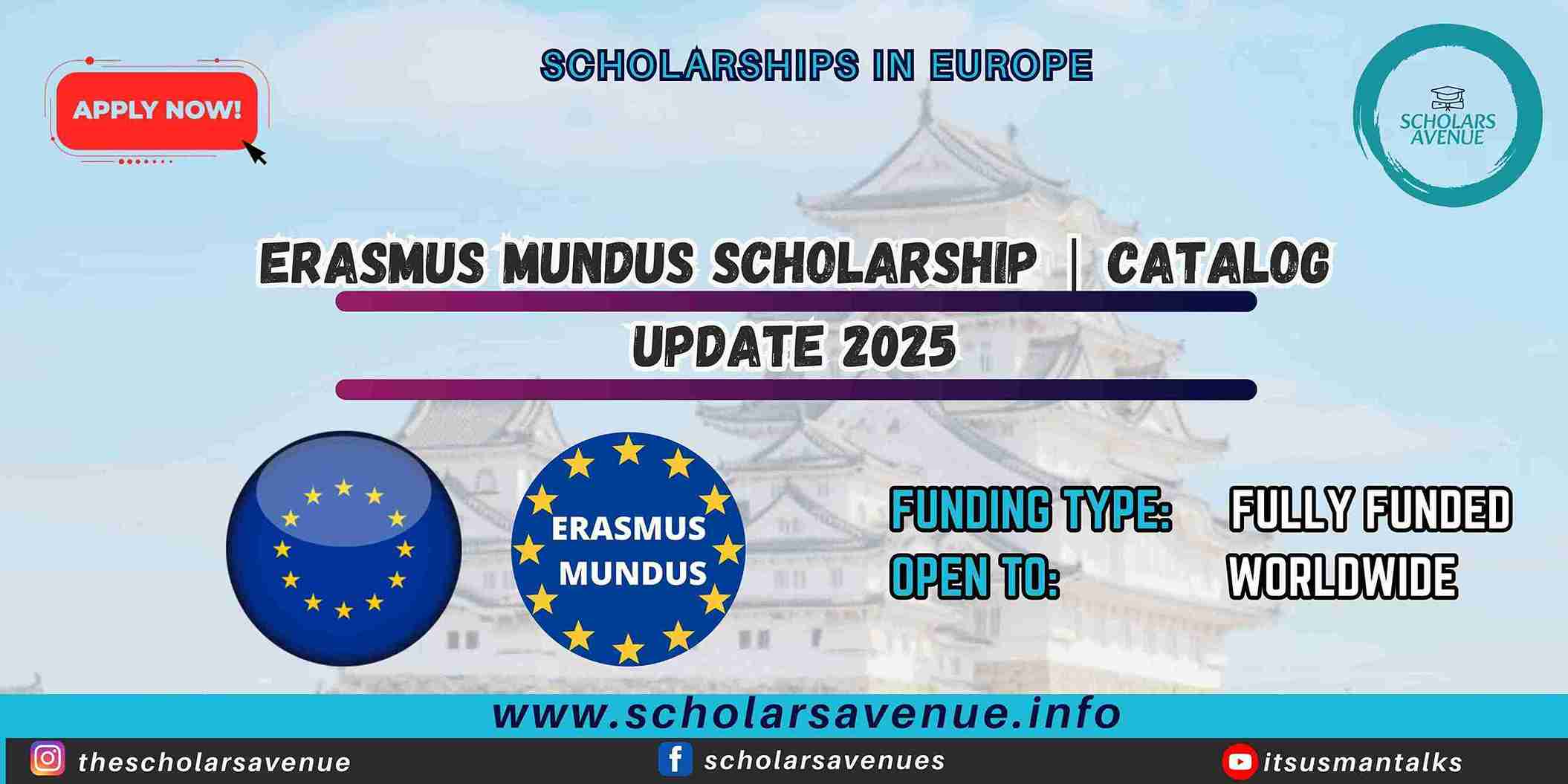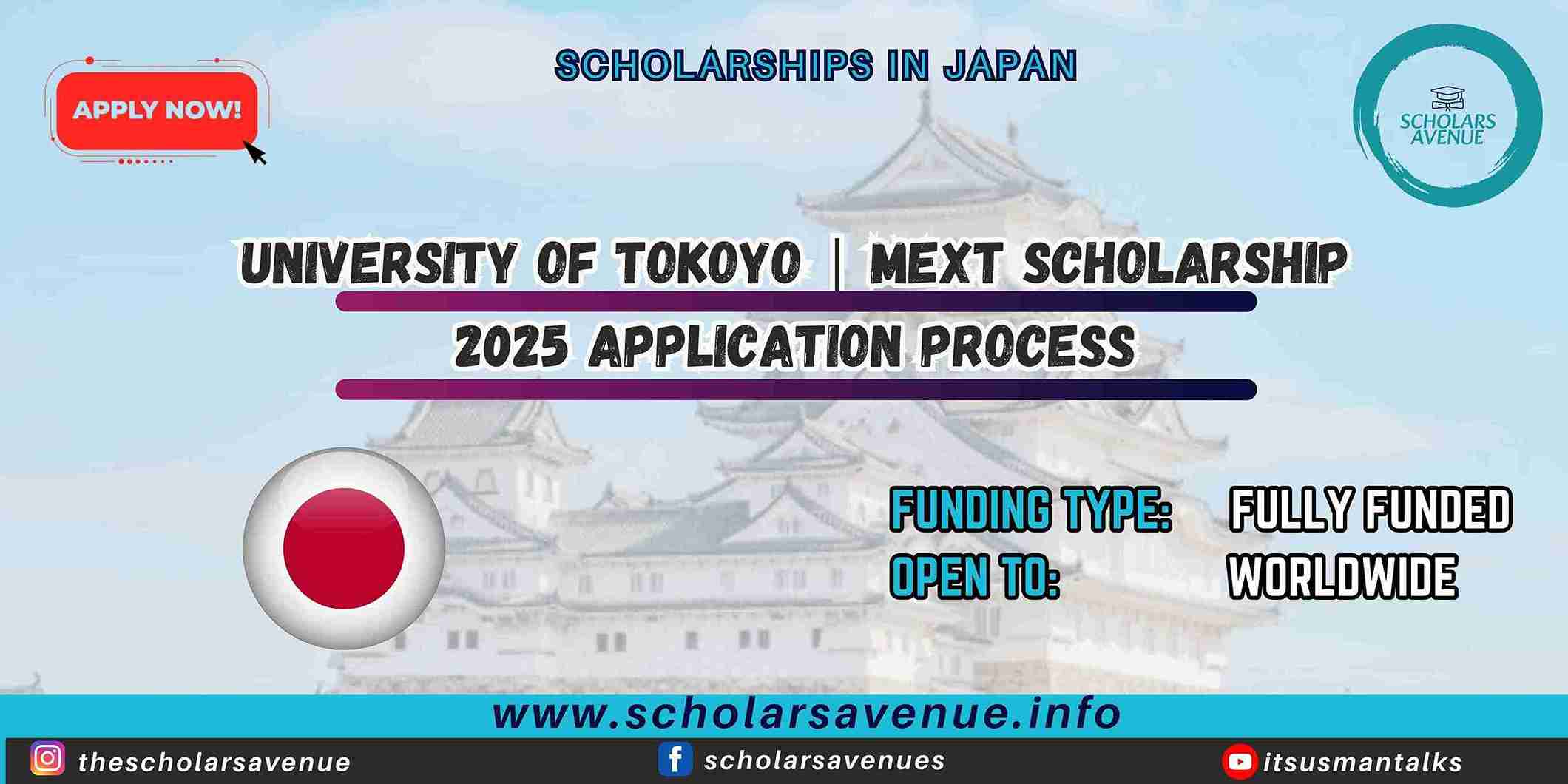Do you have a background in health or biology related fields and are searching for a fully funded masters abroad? Here is a list of Erasmus Mundus Health and Biology Programs offering a unique opportunity for students across the globe to gain advanced education in diverse and interdisciplinary fields. These programs are tailored to equip students with specialized knowledge in areas such as skin health, environmental sustainability, forestry, marine biology, infectious diseases, neuroscience, and more. By combining expertise in biology, chemistry, environmental science, and related disciplines, Erasmus Mundus provides a pathway to mastering critical scientific skills needed to address global challenges. Whether you aspire to contribute to sustainable development, public health, or cutting-edge research, these programs offer a solid foundation and a global perspective.
Also check, Deakin International Scholarship
Erasmus Mundus Health and Biology Programs:
1. EMOTION – European Master of Science in Skin Health and Care
This is one of the main Erasmus Mundus Health and Biology Programs focusing on skin health, care, and product development. Includes a blend of biology and chemistry aspects to study skin physiology, dermatology, and cosmetic science.
Required Bachelors: A background in both biology and chemistry.
2. SUFONAMA – Sustainable Forest and Nature Management
Emphasizes the management of forests and nature, balancing ecological sustainability with forest ecosystems’ economic aspects.
Required Bachelors: Forestry, biology, ecology, natural resource management, nature management, or physical geography.
3. IMSOGLO – International Master of Science in Soils and Global Change
Focuses on soils’ roles in global change and sustainability, touching on environmental sciences, ecology, and geology.
Required Bachelors: Pure or applied sciences like chemistry, biology, geology, physical geography, geo-ecology, civil or agricultural engineering, environmental or agricultural sciences.
4. Global Forestry
Focuses on forestry, biodiversity, and environmental governance, particularly in a global context.
Required Bachelors: Forestry, biology, geography, economics, political science or sociology.
5. AquaCulture, Environment and Society – STAR
Explores aquaculture’s environmental impact, marine biology, and sustainability.
Required Bachelors: Biological or environmental sciences such as aquaculture, marine science, aquatic biology, environmental sciences or biology.
6. IMBRSea – International Master in Marine Biological Resources
Focuses on marine sciences and biology, particularly marine biodiversity, ecology, and environmental protection.
Required Bachelors: Biology, ecology, environmental sciences, oceanography, marine sciences, (bio)chemistry, biotechnology, geography, geology, or other equivalent degrees.
7. Infectious Diseases and One Health
This is among the top Erasmus Mundus Health and Biology Programs combining veterinary, medical, and biological sciences to address global challenges related to infectious diseases.
Required Bachelors: Biological sciences with majors in immunology, infectious diseases, microbiology, or similar backgrounds.
8. MEME – Master in Evolutionary Biology
Provides specialized training in evolutionary biology, ecology, bioinformatics, and related disciplines.
Required Bachelors: Evolutionary biology or neighboring disciplines (e.g., ecology, bioinformatics).
9. MedFOR – Mediterranean Forestry and Natural Resources Management
Focuses on Mediterranean forest ecosystems, climate change, and sustainable management.
Required Bachelors: Biological sciences, environmental sciences, Mathematics, Economics, Engineering, Chemistry, Biochemistry, or closely related fields.
10. IMETE – Master in Environmental Technology and Engineering
Focuses on technologies and strategies for solving environmental problems using biology and chemistry.
Required Bachelors: Applied or pure sciences, such as biology, chemistry, geology, civil, agricultural engineering, or environmental sciences.
11. Master in Applied Ecohydrology (MAEH)
Focuses on water sciences, particularly the interplay of ecology and hydrology.
Required Bachelors: Natural sciences or engineering, such as biology, bioscience engineering, chemistry, civil engineering, or environmental sciences.
12. Soil Science (emiSS)
Studies soil science, agriculture, and environmental impact through biological and earth sciences perspectives.
Required Bachelors: Degrees in soil science, agriculture, biology, environmental science, earth science or related fields.
13. Human Diseases Models Morphological Phenotyping (MorphoPHEN)
This master’s program is among the Erasmus Mundus Health and Biology Programs centering on the study of morphological phenotypes and disease models. It teaches students to understand the development of disease at cellular and morphological levels, combining biology and biomedical sciences.
Required Bachelors: Biology, Biochemistry, Biotechnology, Pharmacy, Veterinary Medicine, or Medicine.
14. ARCHMAT (Archaeological Materials Science)
ARCHMAT is an interdisciplinary program at the intersection of archaeology, chemistry, and biology. It provides students with tools and knowledge to analyze and preserve cultural heritage using bio-chemical methods, contributing to fields like conservation science and material analysis.
Required Bachelors: Physics, Earth Sciences, Chemistry, Biology-Biochemistry, Engineering and Humanities (Archaeology, Conservation Science, Cultural Heritage Studies, Architecture, Art History)
15. Global Environment and Development (MERGED)
This interdisciplinary program is one of the Erasmus Mundus Health and Biology Programs focusing on sustainable development with a specific focus on environmental science and biology. It explores topics like natural resource management, global ecological sustainability, and their socioeconomic impacts, integrating biology, economics, and policy studies.
Required Bachelors: Agricultural Economics/Environmental and Food Economics, Economics, Anthropology or Sociology, Forest and Landscape Engineering, Biotechnology, Biological Sciences, Economics and Business Management Sciences, Applied Sociology and Social Anthropology, Applied Geology, Biology.
Also check, Best Job Search Websites for Students in Canada.
16. Neurasmus – European Master in Neuroscience
Provides comprehensive training in neuroscience, combining biology, psychology, and biomedicine to study the nervous system and neurological disorders.
Required Bachelors: Biology, Pharmacy, Biochemistry, Biomedical Sciences, Medicine, Psychology, Chemistry, Physics, or Computer Science with a focus on Neuroscience.
17. EMCL – European Master in Clinical Linguistics
Focuses on the study of language disorders, combining linguistics, psychology, and speech pathology to understand and treat communication impairments.
Required Bachelors: Speech and Language Pathology, Linguistics, Biomedical Sciences, Psychology, Special Education.
18. European Public Health Master
this masters program is one of the Erasmus Mundus Health and Biology Programs training professionals in global public health systems, policy-making, and social sciences, preparing students to tackle health challenges in diverse populations.
Required Bachelors: Medicine, Pharmacy, Biology, Nursing, Sociology, Economics, Psychology, Anthropology, Geography, Law, Political Science, or Business Administration.
19. EMQAL – Quality in Analytical Laboratories
Focuses on analytical chemistry and laboratory management, training students in quality assurance and regulatory compliance in chemical and biological labs.
Required Bachelors: Chemistry, Biology, Pharmaceutical Sciences, Biochemistry, Environmental Engineering, Chemical Engineering, Food Engineering, Medicine, Clinical Analysis.
20. Quaternary and Prehistory
Studies human evolution, cultural heritage, and environmental changes during the Quaternary period, combining archaeology, geology, and paleontology.
Required Bachelors: Archaeology, Literature, Prehistory, Paleontology, Quaternary Geology, Environmental Science, Biology, Technology, Cultural Heritage Preservation, Education, or Tourism Science.
21. IMRD – International Master of Science in Rural Development
This program is one of the Erasmus Mundus Health and Biology Programs combining life sciences, social sciences, and rural development to address the socioeconomic challenges of rural areas.
Required Bachelors: Bioscience Engineering, Agricultural Sciences, with basic academic training in Mathematics, Statistics, Life Sciences, Social Sciences, or Economics.
22. Master Nanoscience and Nanotechnology
This program provides advanced training in nanoscience and nanotechnology, emphasizing physics, chemistry, and materials science to design and manipulate nanoscale systems.
Required Bachelors: Basic knowledge in Mathematics, Physics, Organic and Inorganic Chemistry, Electronics, Electromagnetism, and notions of Cell Biology and Biochemistry.
23. Marine Environment (MER)
Aims to provide interdisciplinary knowledge of marine ecosystems, conservation, and sustainable use of marine resources, combining biosciences, chemical sciences, and geosciences.
Required Bachelors: Biosciences, Chemical Sciences, Geosciences, Physical Sciences, and Engineering.
24. ECT+ (Environmental Contamination and Toxicology)
Focuses on understanding the environmental impacts of contaminants and developing strategies to mitigate and manage them.
Required Bachelors: Biosciences, Chemical Sciences, Geosciences, Physical Sciences, Engineering, and aspiring marine environment scientists.
25. Biological and Chemical Engineering for a Sustainable Bioeconomy (Bioceb)
Integrates biology, chemistry, and engineering principles to promote sustainable bioeconomy practices through biotechnology, bioprocess engineering, and biophysics.
Required Bachelors: Engineering or Science degrees with a strong background in Biology, Biotechnology, Biochemistry, Microbiology, Biophysics, or Bioprocess Engineering.
Also check, Erasmus Mundus Economics And Business Management Programs.
26. Copernicus Master in Digital Earth (CDE)
Focuses on Earth Observation, Geoinformatics, and the application of geospatial technologies to address environmental and societal challenges.
Required Bachelors: Geography, Geoinformatics, Geology, Geosciences, Geospatial Information Science, Remote Sensing, Data Science, Ecology, Civil Engineering, Computer Science, and related fields with competencies in Earth Observation or Geoinformatics.
27. Erasmus Mundus Joint Master Degree in Planetary Geosciences – GeoPlaNet
Explores planetary sciences, focusing on geosciences, astrophysics, and the exploration of celestial bodies.
Required Bachelors: Degrees in Earth Science, Physics, Mathematics, Astrophysics, Geology, or Geospatial Sciences and Engineering. (Environmental Sciences, Biology, Chemistry, IT, and Computer Sciences are not eligible.)
28. ChIR – Chemical Innovation and Regulation
Focuses on chemical innovations and regulations related to environmental, health, and safety considerations in various industries.
Required Bachelors: Degrees in Chemistry, Biology, Pharmaceutical Sciences, Biochemistry, Environmental Engineering, Chemical Engineering, Medicine, or related fields where Chemistry plays a key role.
29. AquaH
Focuses on aquaculture and sustainable water resource management, combining various basic sciences.
Required Bachelors: Degrees with basic science training in at least 5 out of 7 disciplines: Mathematics, Physics, Chemistry, Biochemistry, Biology, Microbiology, or Engineering.
30. EMABG – Animal Breeding and Genetics
Focuses on genetics and breeding in animal sciences for sustainable livestock management.
Required Bachelors: Degrees in Animal Science, Agricultural Sciences, Veterinary Medicine, Zoology, Microbiology, Botany, or related fields.
The Erasmus Mundus Health and Biology programs present an exceptional platform for students eager to explore various branches of science, from marine ecology to clinical linguistics. By joining one of these internationally recognized programs, you will not only enhance your academic and professional capabilities but also contribute to solving pressing global issues in health, sustainability, and biological sciences. Embark on this enriching journey and make a significant impact in your chosen field while gaining invaluable international exposure.
Looking to maximize your chances of acceptance?
Consider using our Professional Services to polish your application and stand out from the crowd.
For detailed videos on relevant opportunities check out:
Frequently Asked Questions (FAQs)
What are the basic requirements to apply for an Erasmus Mundus Program?
Each program has specific academic requirements, generally needing a bachelor’s degree in related fields like biology, chemistry, environmental sciences, or engineering. Additionally, proficiency in English is typically required.
Can I apply for more than one Erasmus Mundus Program?
Yes, you can apply for multiple programs, but make sure you meet the eligibility criteria for each. Be mindful that each program may have different deadlines and application procedures.
How long do the Erasmus Mundus master’s programs typically last?
Most Erasmus Mundus master’s programs last between 1.5 to 2 years, depending on the specific course structure and any research components involved.
Is work experience required to apply in Erasmus Mundus Scholarship?
While some programs may require relevant work experience, many primarily focus on academic qualifications. It’s essential to check the specific requirements for the program you’re interested in.


